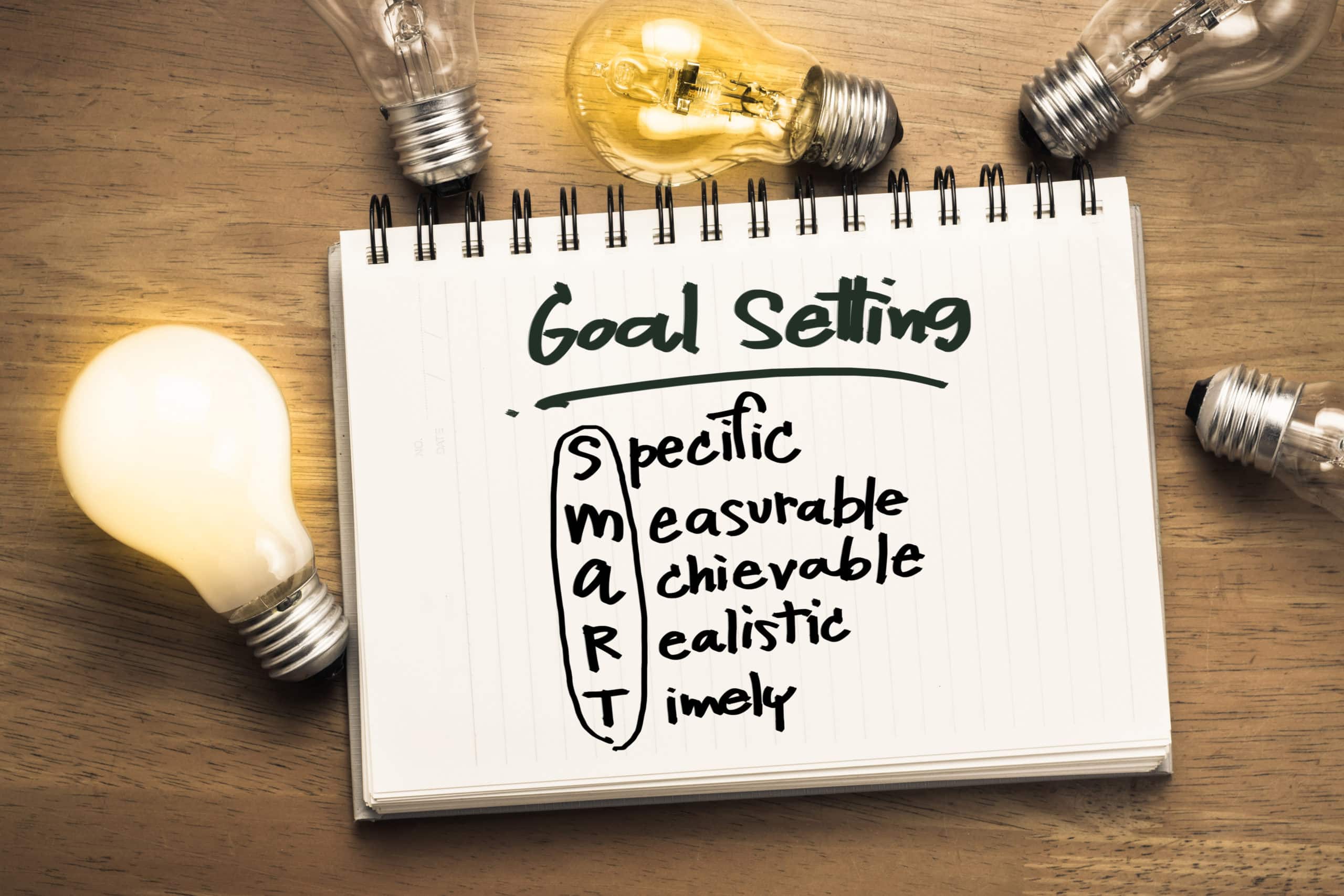
Whether it’s a new week, new month, or new year, you might have thought about what you want the coming future to look like and feel like. Any time is a good time to be setting goals to keep yourself motivated and on track for the year ahead.
Setting goals is useful as it helps you to
- Take control of your life
- Focus on what’s important to you
- Make good decisions
- Build self-confidence and remain enthusiastic
- Make progress
Yes! You say that’s just what we need! But before you grab your pen to write your goals, you want to think about the best way to set them up. You will need both short term and long term goals and you want them to be SMART.
Specific
Measurable
Achievable
Realistic
Timely
Your long term goal might be a certain dress size, piece of clothing or fitness level in time for an upcoming event. It may be a health target such as more consistent blood sugar levels or better results on your next blood cholesterol test. Common areas for short term improvement we see in practice are low fruit and vegetable intake, too frequent take of extras such as chocolates, takeaways or alcohol, large portion sizes and low activity. Any of these ring a bell for you in terms of things you can work on?
Some examples of SMART goals:
- For the next 4 weeks I will drink at least 2L of water every day
- Over the next 6 weeks I will complete at least 150 minutes of walking per week
- By planning my meals and choosing my social activities wisely, I will limit myself to 2 treats per week over the next 2 months
- I will fill half of my plate with light vegetables at each meal time over the next 2 weeks
Remember to be realistic to you! If you achieve it easily, set yourself a harder goal from there.